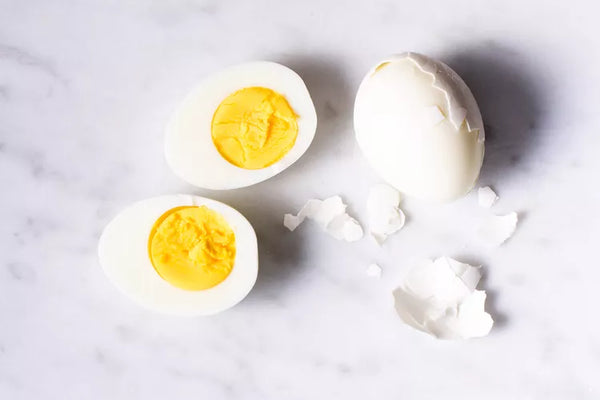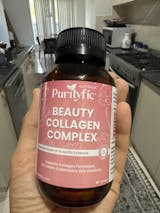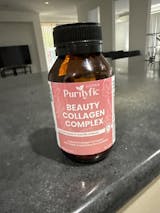
Surprising Side Effects of a Vegan Diet

The vegan diet is an excellent lifestyle to follow if you have the time and resources to do so. What Are the Surprising Side Effects of a Vegan Diet? Check out the article below.
Because this is a more restrictive diet, you run the risk of missing out on some key vitamins and minerals. You can also gain weight if you get stuck in eating vegan products that are processed and contain lots of carbohydrates rather than non-vegan protein sources like fish and lean meats.
All of this can be avoided if you are equipped with the knowledge—and frankly the budget—to follow the vegan diet properly. So that you know what to watch out for, here are four negative impacts that can occur.
Surprising Side Effects of a Vegan Diet

1. Experiencing the risk of vitamin B12 deficiency
Vitamin B12 is essential for providing you with energy, and it even plays a role in DNA and red blood cell generation.
Read: Vitamin B12: Deficiency Symptoms and How to Overcome Them
The body cannot make this vitamin on its own, which means it is important to get it from what you eat. Foods to avoid on a vegan diet, usually such as fish, meat and dairy. Even though all foods are rich in vitamin B12.
With a few exceptions, most plant foods do not contain it. As a result, vegan diets are at high risk for vitamin B12 deficiency. The body will experience nerve damage, according to Dr. Niket Sonpal, gastroenterologist and professor at the Touro College of Osteopathic Medicine.
"Vitamin B12 deficiency also increases the risk of inflamed nerves in the brain and spinal cord and a greater risk of neuritis.," he says. "Symptoms of neuritis include but are not limited to muscle weakness, stabbing pain, and in severe cases, paralysis of the affected area."
To ensure optimal health, vegans need to take vitamin B12 supplements. Sonpal says our bodies can survive between two and four years without external vitamin B12 supplements before nerve damage symptoms appear, such as confusion, difficulty walking, muscle weakness, and tingling in the hands.
Now, be sure to check out B Vitamin Deficiency May Be The Reason You Are Tired All The Time.
2. Increased risk of hormonal disorders
Tofu is an excellent plant-based protein to eat, especially as a substitute for red meat. In addition, there are also soy-based foods, such as edamame, tempeh, tofu, and minimally processed soy milk or unsweetened yogurt.
However, Sonpal warns that heavily processed soy-based foods, such as energy bars, protein powders, and sweetened soy milk and yogurt, have the potential to cause hormonal disturbances in a woman's body due to the high concentration of isoflavones (a type of plant estrogen,). also known as phytoestrogens).
"Phytoestrogens can block hormone receptors, much like human estrogen does," he said. "High doses of soy can cause infertility problems because of its strong anti-estrogen effect, you also need to eat lots of soy for this to happen."
Read: 4 Benefits of B Vitamins for Children
In short, as long as you don't consume more than the recommended amount of soy protein powder in your smoothie regularly, you have nothing to worry about.
3. Higher chance of ingesting toxic metals
As Sonpal notes, those who follow a vegan diet consume more soy protein than those who identify as vegetarian or omnivores.
Soy-based foods are often good for gut health and provide adequate amounts of protein, they can also contain a toxic heavy metal called cadmium.
One 2011 study found that people who consumed tofu products showed the "strongest association" with cadmium concentrations in urine samples compared to those who did not eat them at all.
"Cadmium is highly toxic to the kidneys and can cause kidney disease or cause bones to become weak," Sonpal says.
Eating a balance of soy-based foods and other plant-based protein sources like lentils and quinoa will help keep exposure levels low!
4. Risk of iron deficiency
While there is conflicting research on whether vegans are at a higher risk of iron deficiency than the general diet, indeed, some non-vegan-friendly foods such as eggs, fatty fish, and red meat are rich in iron.
That said, spinach, pumpkin seeds, peas, and broccoli are also rich in this mineral. The key is to make sure you get enough of these foods in your diet regularly to keep your iron levels under control.
That's the article The Surprising Side Effects of the Vegan Diet. May be useful.








